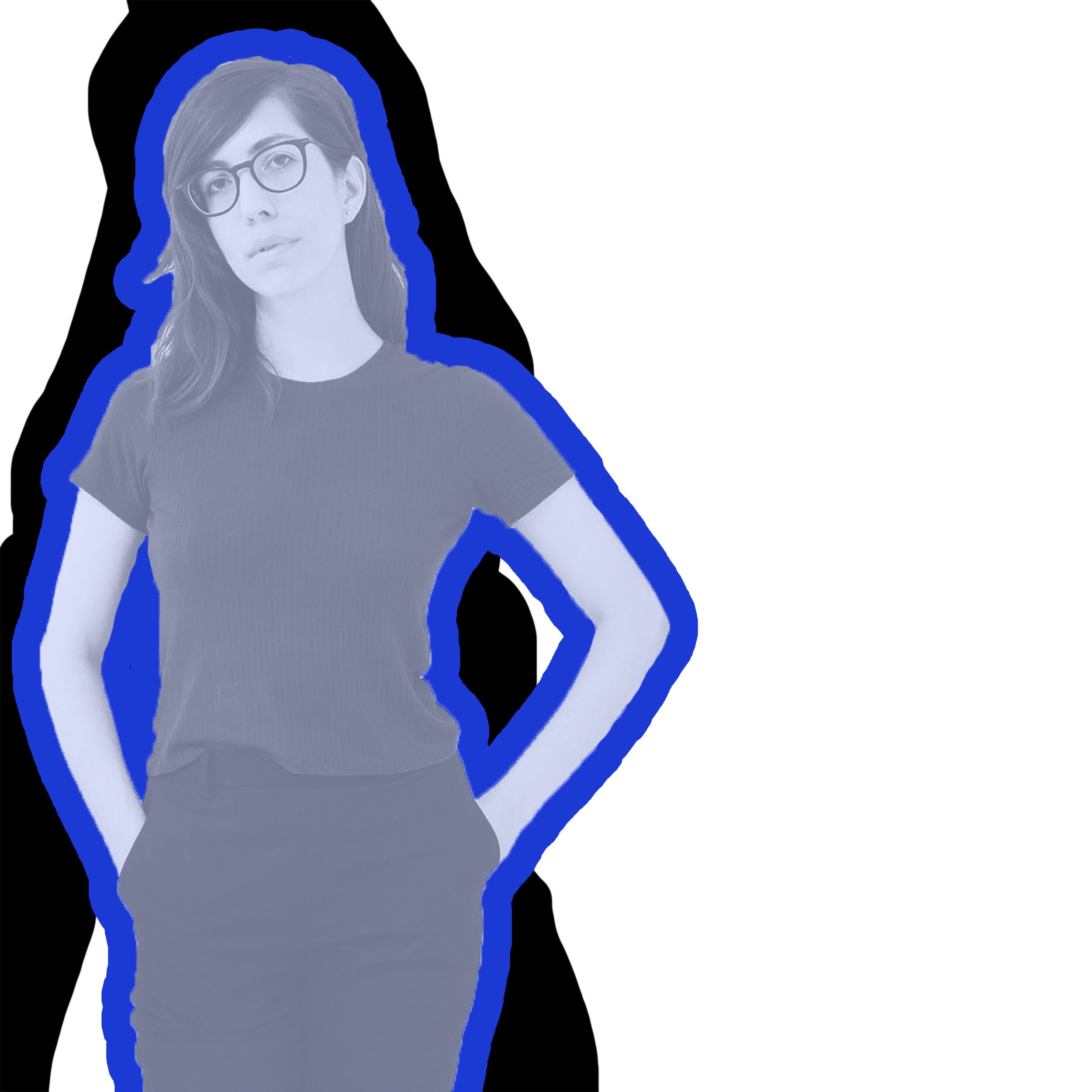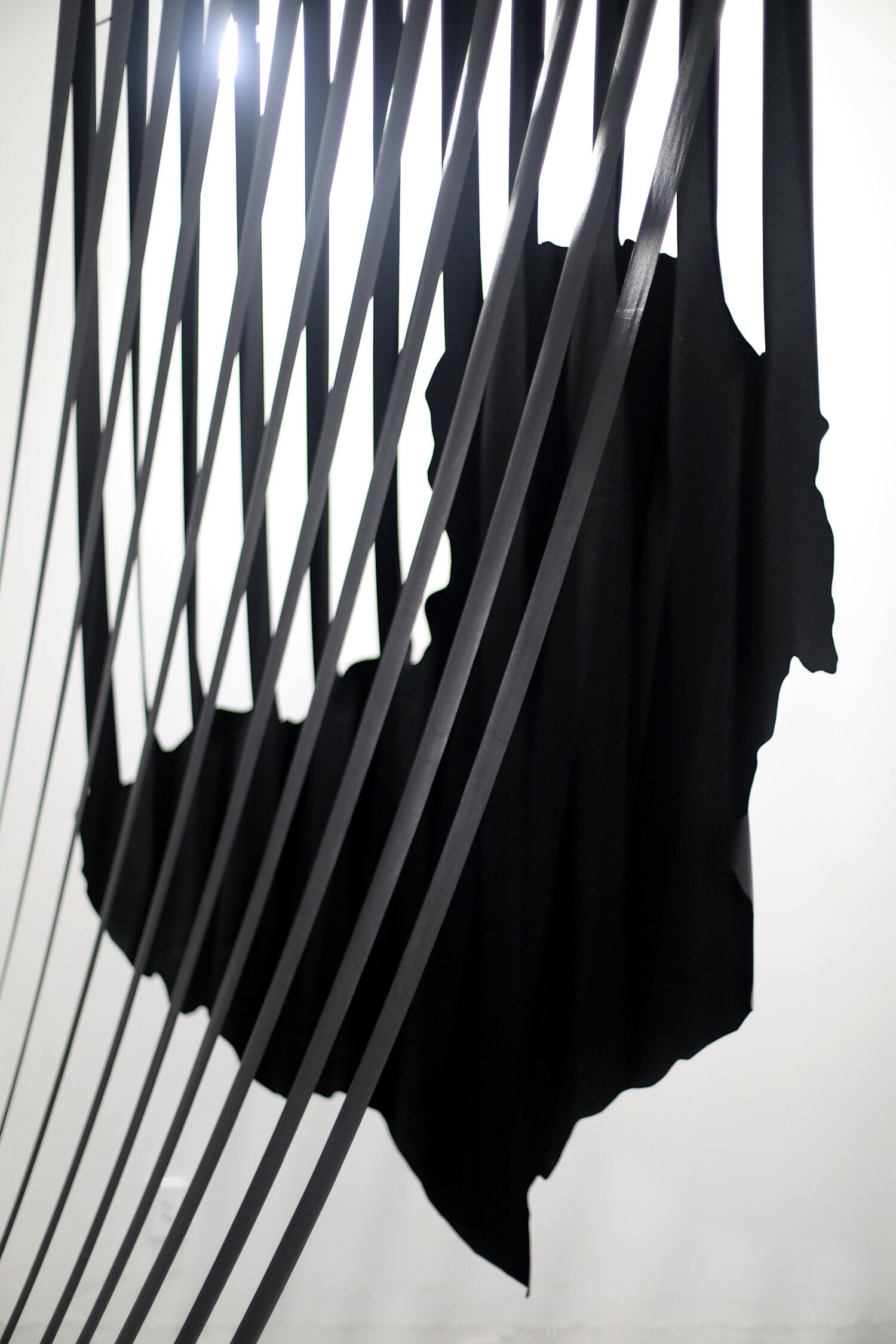May 29 - August 29, 2021
(Click images to see the exhibition info)
“There was a big high wall there that tried to stop me.
The sign was painted, said 'Private Property.'
But on the backside, it didn't say nothing.
This land was made for you and me.”
Original lyric from This Land is Your Land by Woody Guthrie
This Land is My Land is a pairing of two solo exhibitions, each artist asking about the impact of the lines we draw between us. Rodrigo Valenzuela’s “AFTERWORK” explores the significance of redefining physical & digital borders in land and labor. In Marina Camargo’s “Shifting: displaced”, the work examines moving boundaries and the spaces between, from the northern and southern hemispheres all the way to a specific Seattle neighborhood.
What determines ownership? Landlines, bloodlines, or simply believing this is the right question to ask?
Contributors on This Land Is My Land:
Marina Camargo // Featured Artist
Rodrigo Valenzuela // Featured Artist
Lulani Arquette and Flint Jamison // Podcast Guest
Sarah Schulman // Podcast Guest
Va’eomatoka Valu // Podcast Guest
Doug and Irena Baker // Podcast Guest
Sam Farraizano and Melissa Knowles // Podcast Guest
Tola Atewologun // Podcast Guest
Tiffany Danielle Elliott // Lead Curator
Connor Walden // Lead Programs Manager
Raziah Ahmad // Graphic Designer

The idea behind "An image for a post-worker's world" is what happened after we don't come back to work, even for the lucky ones that did lose their job. I fear that companies will embrace the idea of working from home to further exacerbate our detachment from the working class, our colleagues, peers, and co-workers. The post worker's world is not a world without jobs; it is a world without empathy that makes it harder to form robust labor unions and advocate for each other's rights.
//
Rodrigo Valenzuela, Santiago, Chile 1982. Lives and work in Los Angeles, CA. Valenzuela studied art history and photography at University of Chile (2004), holds a BA in Philosophy at The Evergreen State College and an MFA at University of Washington. Recent residencies include Core Fellowship at the Museum of Fine Arts, Houston (Texas), Skowhegan school of Painting and Sculpture (Maine), MacDowell Colony (NH), Bemis Center for contemporary arts (Nebraska), Lightwork (Syracuse) and the Center for Photography at Woodstock (New York).
Recent solo exhibitions include Screen series at the New Museum, NY (2019), Lisa Kandlhofer Galerie, Vienna, AU (2018), Work in Its Place, Jordan Schnitzer Museum of Art, Eugene (2018); American-Type, Orange County Museum, 2018; Labor Standards, Portland Art Museum, 2018; New Land, McColl Center, Charlotte, 2017; Prole, Ulrich Museum of Art, Wichita, 2016; Future Ruins, Frye Art Museum, Seattle, 2015. Rodrigo Valenzuela is an assistant professor at University of California, Los Angeles and the recipient of the 2017 Joan Mitchell award for painters and sculptors.
“Afterworks”, 2021, Rodrigo Valenzuela

Displacements through spaces reconfigure the maps. Pathways outline the space in-between. Routes form invisible maps formed by flows, oceans, territories, borders.
There is no route open for everyone to circulate. The same lines that draw the migration movements are the lines that trace the borderlines dividing countries and interrupting the flux.
A fragmented map emerges: where the seas are zones of passage and approximation between continents, where borders are geometric abstractions that divide continuous spaces, where we perceive a city map being transformed despite the life that is spontaneously arranged in the sidewalks and streets of the neighborhood.
Soft-map: fluxes (2021) is an installation made of three parts of cutout drawings. Each piece depicts the space between two continents: South America and Africa; Africa and North America; North America and South America. Although the continents are visible, it will be the straps connecting them that occupy the exhibition space.
The drawings of the borderlines of each continent are reframed into a scorebook and then transformed into music. In Songlines (2019-2021), the political frontiers become abstract representations. A series of translations happen: the political borders transformed into drawings, the drawings translated into music. In this process, the borderlines are converted into something immaterial, essentially the opposite of the borders' nature.
Seattle city map is part of the video Projected city: Seattle, 2021. Another plan is configured through relocating small pieces depicting the squares as if a puzzle was being arranged. The area represented in the video points to a region that experiences displacement and gentrification in Seattle.
The physical, geographical, urban displacements are part of a narrative of inhabited spaces, spaces traveled, provoking significant shifts in the perception of geopolitics, in the sense of belonging to a specific place, and in the possibility of building a homeland on the other side of the border.
"Shifting: displaced" touches these intermediate spaces, be it the distance of an ocean or the immateriality of political divisions. From a conceptual position, where there is no dominant territory but movements of diverse spaces and displacements, I start to think about the maps of the worlds we live in and the worlds that inhabit us.
//
Marina Camargo’s work investigates and questions established orders of the world. A notion of displacement defines a modus operandi to deal with cartographic, historical, and geographical references that are often the core of her projects, focus on concepts of space and place and its possibilities of representation. Her diverse practice takes shape in installations, drawings, sculptures, and video works. She holds a Diploma from Akademie der Bildenden KünsteMünchen (Germany),a Bachelor and a Master degree from Instituto de Artes / UFRGS, Porto Alegre (Brazil), and studied Visual Culture at Universitat de Barcelona (Spain).
O trabalho de Marina Camargo investiga e questiona ordens estabelecidas do mundo. Uma noção de deslocamento define um modus operandi para lidar com referências cartográficas, históricas e geográficas que estão frequentemente no cerne dos seus projetos, concentrando-se nos conceitos de espaço e lugar e nas suas possibilidades de representação. Sua prática diversa inclui trabalhos em instalações, desenhos, esculturas e vídeos. Estudou no Instituto de Artes / UFRGS – Porto Alegre, Brasil (onde concluiu bacharelado e mestrado em artes visuais), Cultura Visual na Universitat de Barcelona (Espanha) e posteriormente na Akademie der Bildenden Künste München (Alemanha).
As a guest curator for Das Schaufenster, Interloper’s Lead Curator Tiffany Danielle Elliott was invited to co-create the series ZAMBO MULATO CRIOLO CAFUZO with curator Anna Parisi. Based on the powerful content of Marina Camargo’s work, she was selected to exhibit at both Interloper and Das Schaufenster, encouraging viewers to see two different dimensions of her work across Seattle.
Between June 14th and July 12th, “A matter of deletion and other disappearances”, Marina Camargo’s solo exhibition at Das Schaufenster, was viewed at Das Schaufenster, an artist-run experimental window space working to bring interesting, joyful, and thoughtful art to their local Ballard neighborhood.



















